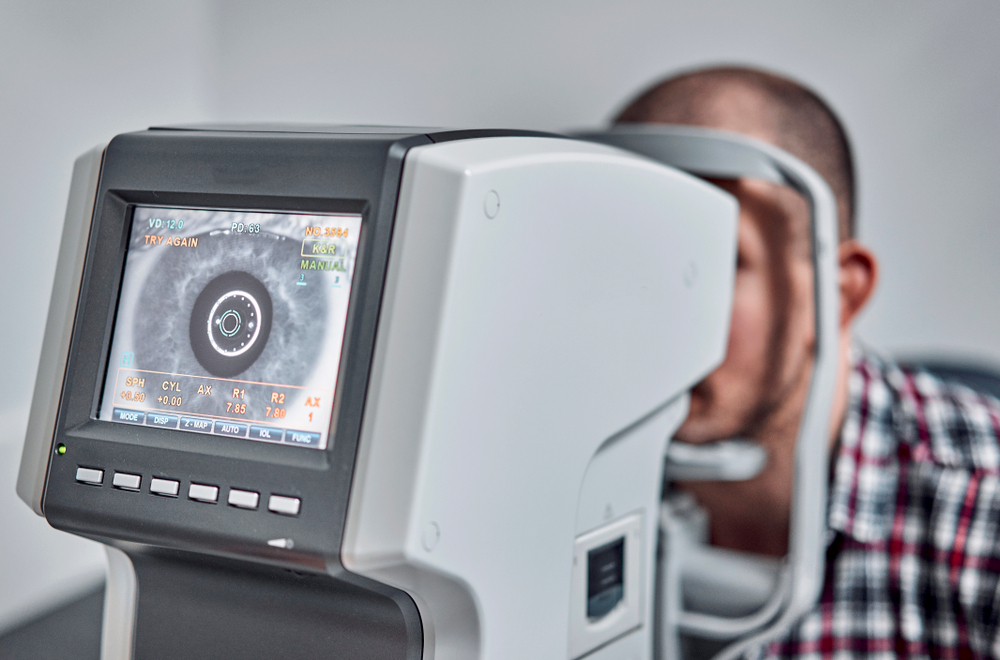
Glaucoma is one of the leading causes of vision loss worldwide, yet many people don’t realize they have it until permanent damage has already occurred. Often developing without obvious symptoms, glaucoma can quietly affect your vision over time. At McCabe Vision Center, we’re committed to helping patients understand this condition, recognize the importance of early detection, and explore effective treatment options that can help preserve their sight for the long term.
What Is Glaucoma?
Glaucoma is a condition that affects the optic nerve, which is responsible for transmitting visual information from your eyes to your brain. The most common form, open-angle glaucoma, develops slowly over time and is typically associated with increased intraocular pressure (IOP). Another type, angle-closure glaucoma, can develop suddenly and may cause noticeable symptoms like severe eye pain, nausea, blurred vision, or halos around lights.
Who Is at Risk?
While glaucoma can affect anyone, certain individuals are at higher risk. These risk factors include:
• Age 60 or older
• Family history of glaucoma
• African American, Hispanic, or Asian descent
• Diabetes, high blood pressure, or other systemic health conditions
• Long-term use of corticosteroid medications
• History of eye injuries
The Importance of Early Detection
Glaucoma typically develops without pain or vision changes in its early stages. By the time symptoms become noticeable, significant damage may have already occurred. During a routing eye exam at McCabe Vision Center, our team uses advanced diagnostic tools to measure intraocular pressure, assess the optic nerve, and perform visual field testing to detect any subtle changes. Early detection allows for timely intervention, which can help slow or stop the progression of the disease.
Even if you don’t have symptoms, regular eye exams are essential, especially if you fall into a higher-risk category. These exams provide a critical opportunity to detect glaucoma in its earliest stages, monitor any changes, and begin treatment before vision is affected.
Treatment Options for Glaucoma
While glaucoma cannot be cured, it can be effectively managed. Treatment options include:
• Prescription eye drops to reduce intraocular pressure
• Oral medications in some cases
• Laser therapy, such as selective laser trabeculoplasty (SLT)
• Surgical procedures to improve fluid drainage within the eye
The goal of treatment is to lower eye pressure and protect the optic nerve from further damage. Your eye doctor will recommend a personalized treatment plan based on the type and severity of your glaucoma.
Protect Your Vision with Proactive Care
Glaucoma may be a serious condition, but with early detection and ongoing care, vision loss can often be minimized or prevented. Don’t wait for symptoms to appear, take a proactive step toward lifelong eye health.
Contact McCabe Vision Center to schedule your eye exam and learn more about glaucoma management and prevention. Visit our office in Murfreesboro, Tennessee, or call (615) 904-9024 to book an appointment today.




